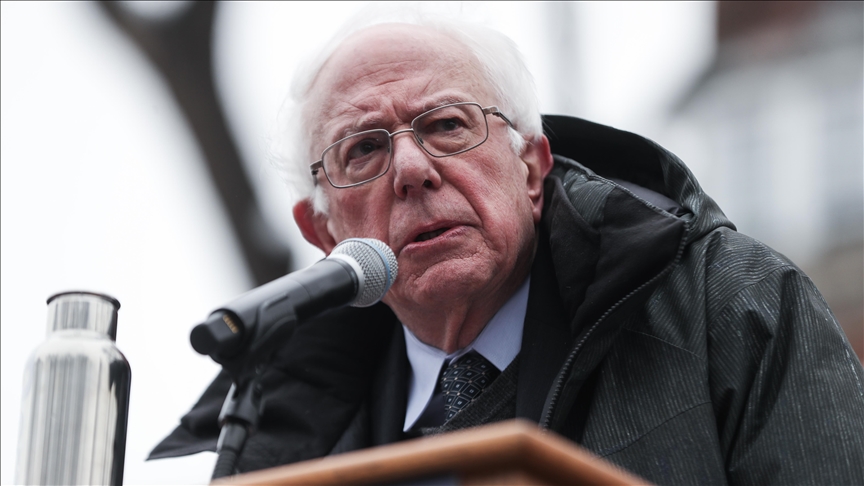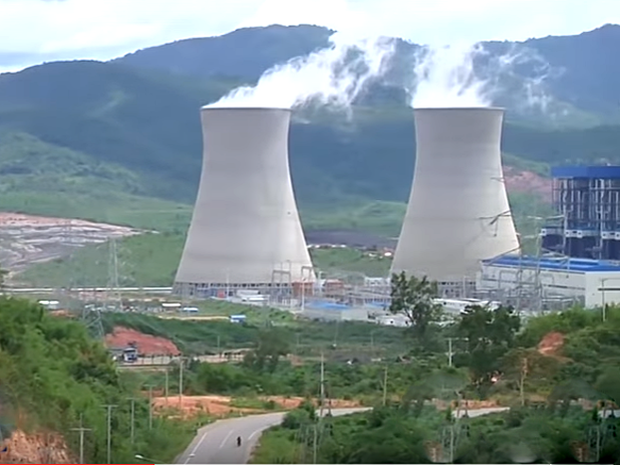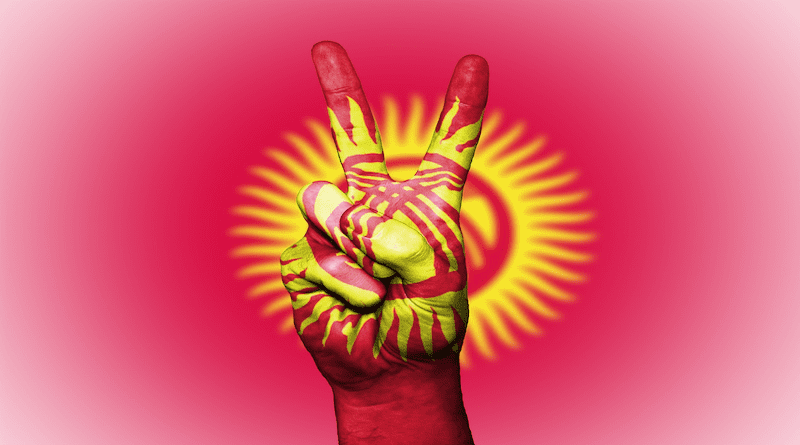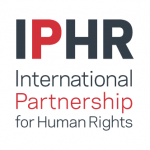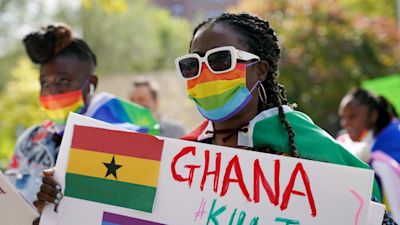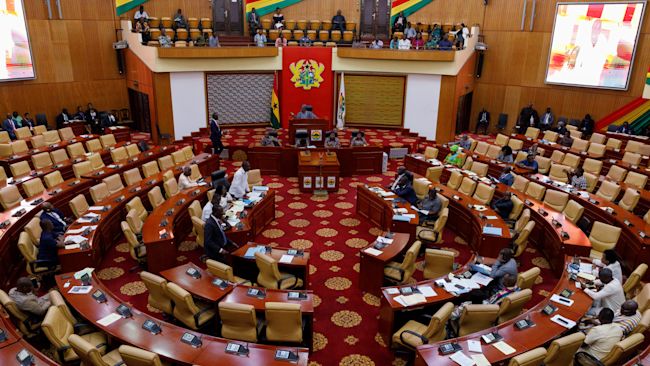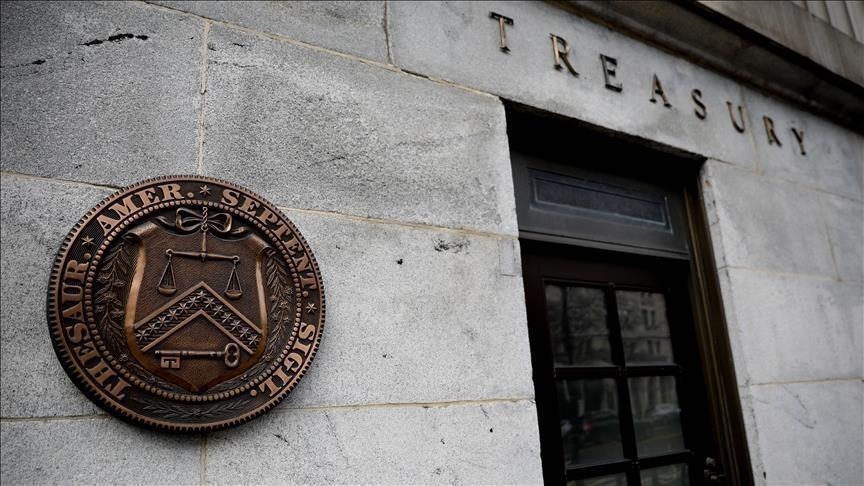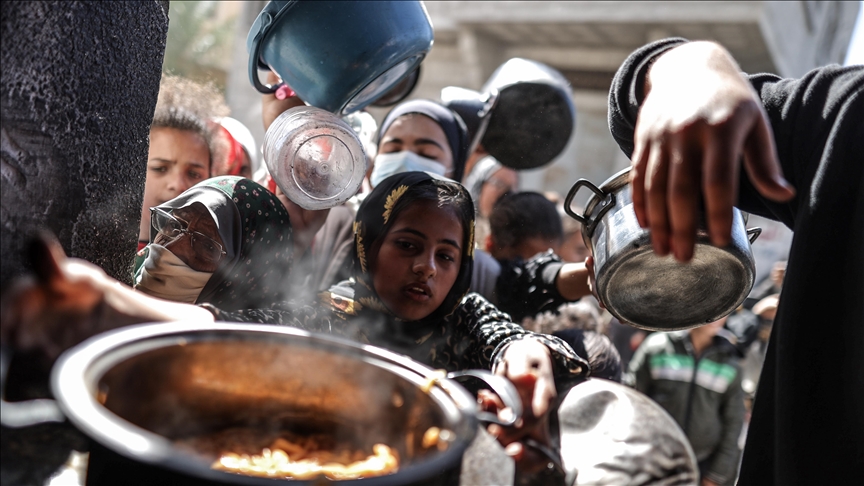Philippine Senate orders Pastor Apollo Quiboloy’s arrest over sexual abuse allegations
2024.03.05
Manila
 Supporters of Apollo Quiboloy, founder of the Kingdom of Jesus Christ church, hold a prayer rally at a park in Manila, March 4, 2024, as the Philippines said it would file sexual abuse charges against the pastor, who is wanted in the United States on suspicion of child-sex trafficking.
Supporters of Apollo Quiboloy, founder of the Kingdom of Jesus Christ church, hold a prayer rally at a park in Manila, March 4, 2024, as the Philippines said it would file sexual abuse charges against the pastor, who is wanted in the United States on suspicion of child-sex trafficking.The Philippine Senate on Tuesday ordered the immediate arrest of ex-President Rodrigo Duterte’s spiritual adviser to face questions over allegations of widespread sexual abuse, after the pastor again failed to show up for testimony before lawmakers.
Apollo Quiboloy, a Filipino televangelist preacher and founder of a mega-church who is already wanted in the United States on suspicion of sexual trafficking and fraud but who has enjoyed a certain amount of political protection in his home country, was held in contempt by a Senate committee investigating alleged criminal acts by his sect.
Quiboloy had been summoned to appear on Tuesday before the committee, which is chaired by Sen. Risa Hontiveros, one of foremost President Duterte’s staunchest critics.
But the pastor, who refers to himself as the “appointed son of God,” failed to appear. It was the second time in six weeks that Quiboloy did not show up in response to a committee summons.
“It is within the Senate’s power to make anyone who refuses to obey the power of the Senate to be held accountable. This includes the refusal to a senate investigation despite a valid subpoena,” Hontiveros told reporters.
“It is very simple. The power of the Senate to conduct investigations in aid of legislation has long been settled by the Supreme Court,” she said.
Hontiveros said that Quiboloy’s legal counsel had sent a letter saying his client had other pressing matters to attend to and that the Senate would be violating the pastor’s constitutional rights by compelling him to testify.
“[I] cite in contempt Apollo Carreon Quiboloy for his refusal to be sworn or to testify before this investigation,” Sen. Hontiveros said, referring to Senate rules.
“This committee requests the Senate President to order his arrest so that he may be brought to testify.”
Quiboloy founded the Kingdom of Jesus Church in 1985 in the southern Philippines, after claiming he had discovered spiritual salvation in the mountains. In all his religious pamphlets, he claims that God came to his mother as a cloud to declare him as his own.
The church grew in numbers – about 4 million in the Philippines and 2 million abroad, including in the United States – and with it, Quiboloy’s political clout. The sect, and his name, grew in national prominence when his friend, Rodrigo Duterte, was elected president of the Philippines in 2016.
When the U.S. Federal Bureau of Investigation (FBI) announced in November 2021 that it had launched an investigation on Quiboloy, Duterte, who was an anti-U.S. president, defended him.
Quiboloy’s media arm, the Sonshine Media Network International (SMNI), acted as a propaganda vehicle for Duterte, who served as president from 2016 to 2022. The ex-leaders once publicly admitted that he had received expensive cars and property from Quiboloy when he was mayor of Davao, although he claimed to have returned them.

In Manila this week, Philippine Justice Secretary Jesus Crispin Remulla ordered the filing of sexual abuse charges against Quiboloy.
“Upon reevaluation, it has been determined that there exists probable cause against Pastor Apollo C. Quiboloy for the crime of sexual abuse of a minor … as well as against Quiboloy and co- respondents for qualified human trafficking and other acts of child abuse,” the Philippine Department of Justice said in a statement.
A separate human trafficking case would be filed before a Pasig court, according to Remulla. He said that the prosecutor’s office in Davao – Duterte and Quiboloy’s bailiwick – had earlier thrown a case against the pastor.
“(But) upon closer examination, we have seen that the reason is indeed significant,” to pursue the case, Remulla said.
Quiboloy has rejected the allegations and went on the lam in February. But in a taped message, he alleged that these accusations had been concocted by U.S. security agencies together with President Ferdinand Marcos, and said they were plotting to kidnap him and eliminate him. The claim has been denied by Philippine security agencies.
“I am under surveillance in the Philippines by the CIA and the FBI. In my own country I am hiding because they can pick me up just like that,” Quiboloy said in a 36-minute voice recording uploaded on YouTube and Facebook last month.
The allegations against him surfaced publicly in 2021 when a federal grand jury in the U.S., as part of a 42-count indictment, charged Quiboloy on suspicion of orchestrating a sex-trafficking operation that coerced girls as young as 12 to have sex with him or risk “eternal damnation.”
Under the charges brought against him by U.S. authorities, Quiboloy faces 15 years to life in prison if convicted of sex-trafficking, and five to 20 years if convicted of fraud and money laundering. But the Philippines has yet to extradite him to face the charges in a U.S. court, and it is believed that Quiboloy is at large in the Southeast Asian country.
In December 2022, the U.S. Treasury Department announced sanctions against Quiboloy, accusing him of raping women and children.
Jeoffrey Maitem and Mark Navales contributed to this report from Manila and Cotabato City, southern Philippines.

